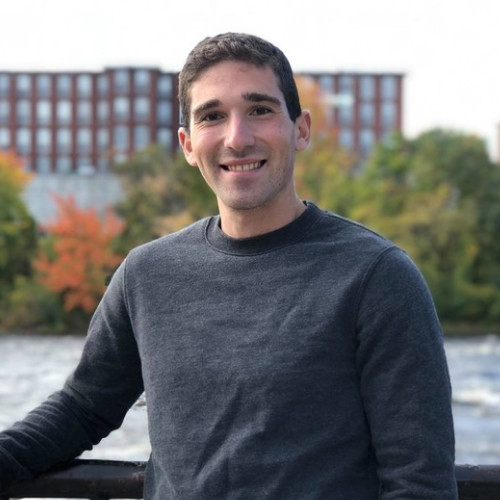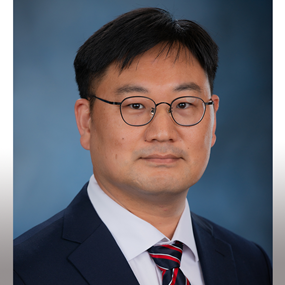Auburn's newest political science professor brings big dreams for Law & Justice program
Ariel Liberman, Auburn's newest assistant professor of law and legal studies, adds his law school teaching experience, religious studies programs and international contexts to the Law and Justice program.

"There's a big picture to why I love working with undergraduates. I want law to be taught broadly. I want law to be considered as something more than a professional education," Liberman said. "I want us to think about law as a liberal arts discipline to learn alongside politics, sociology, anthropology and English literature. People should feel that it's an accessible thing."
One of the most unique things about the Law and Justice major is the ability to learn law at the college level. Liberman plans to teach Federal Jurisdiction in a similar style to a cognate class in law school called Federal Courts. A super philosophical, very deep understanding of what the point of the court is, it's considered to be one of the hardest classes in law school.
"So why are we teaching Federal Jurisdiction to undergraduate students in Law and Justice when maybe we ought to be teaching Civil Procedure, which students are more likely to encounter in law school? The class epitomizes what is so exciting about this program," Liberman said.
"It's a hard subject, but within it you learn civil procedure, you learn legal philosophy, you learn about advocacy. You learn how to think like a lawyer – this class, and all Law and Justice classes, prioritize this. You'll know how to think like a lawyer before you even get to law school. You'll have a better grasp of how the system works, which you'll need in order to succeed."
Teaching Introduction to the Legal Profession is another way Liberman helps aspiring Law and Justice majors realize that they want to practice law. Being at the start with them is really meaningful for Liberman as a teacher. He will hear from students when they go and succeed in law school, so Liberman actually gets to think about the longevity of the program and how the program helps students.
"If taught effectively, law can be an excellent education regardless of whether you go on to law school. It's a good civic education for our day and age," Liberman said. "Discourse right now, the way we talk about politics is contentious regardless of what side of the aisle you're on. Law is this perfect tool in my mind that sort of allows us to learn how to have conversations critically, thoughtfully, intentionally and honestly, importantly democratically."
Liberman is working on a collection of books, which he calls the Law as Civics trilogy. The first book, which comes out in June, discusses law, civic education and where the idea comes from. For the second book, Liberman collaborates with an Atlanta high school teacher to develop a legal curriculum aimed at adolescents. The third book focuses on the roots of the idea of law as a civic education founded from the Jewish legal tradition.
"For centuries," Liberman said, "Parents and teachers have used law and ethics as a way to teach children respect, values, rights, expectations, community obligations, and yes, how to win arguments!"
Liberman believes that all children are capable of having these conversations, and we do them a disservice by not introducing these topics.
Outside of education, Liberman studies law and religion, comparative law, legal and political philosophy and contemporary antisemitism. Liberman aims to give students the space to start talking about their values constructively and in conversation with politics and law.
"Later down the line, it's actually my hope to teach a class that deals with law and religion and human rights," Liberman said. "Another area that we do not do in law and justice enough is talk about the American legal system in comparative and international contexts, which I think is incredibly helpful for lawyers who need to think about the law practice and how it impacts other people."
Liberman recently published a short article about the importance of undergraduate law education in the Auburn Law Review. He made the case that the law and justice program as a civics education "is an exceptional opportunity for students to become better lawyers, citizens and humans."
Liberman brings a unique perspective to Auburn. He attended New York University for his undergraduate education and Boston University for law school. With his JD, Liberman practiced briefly as an attorney and clerked for a few judges. He then earned a PhD in law at Emory, before becoming a law professor. He then landed at Auburn to teach two integral classes for the Law and Justice major, Federal Jurisdiction and Introduction to the Legal Profession.
"The Law and Justice program blew my mind," Liberman said. "All these folks – students, faculty, staff – are just incredible human beings, as is the whole of our community in the College of Liberal Arts and the Department of Political Science. I knew I would be happy here."
Learn more information about Law and Justice in the Department of Political Science.
Tags: Political Science Faculty







